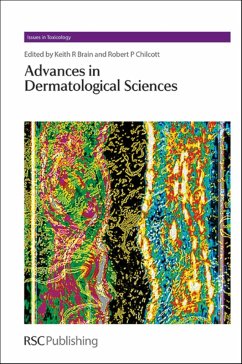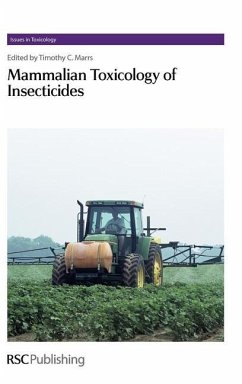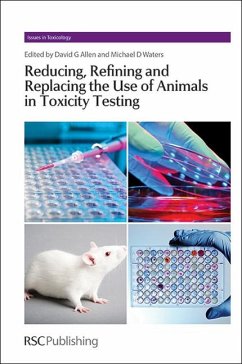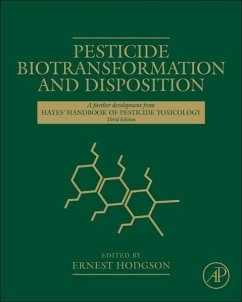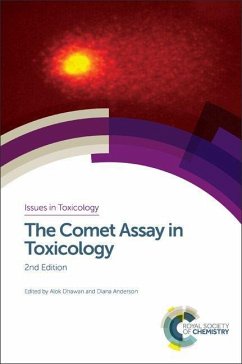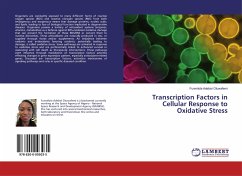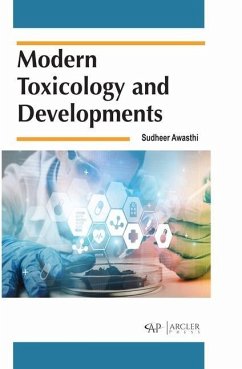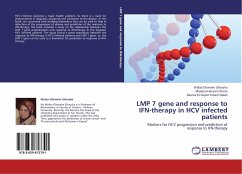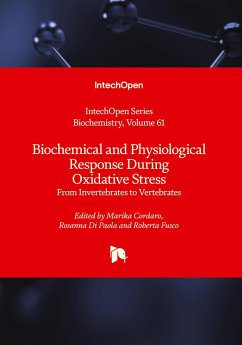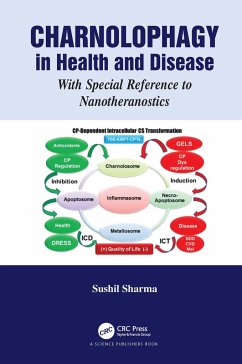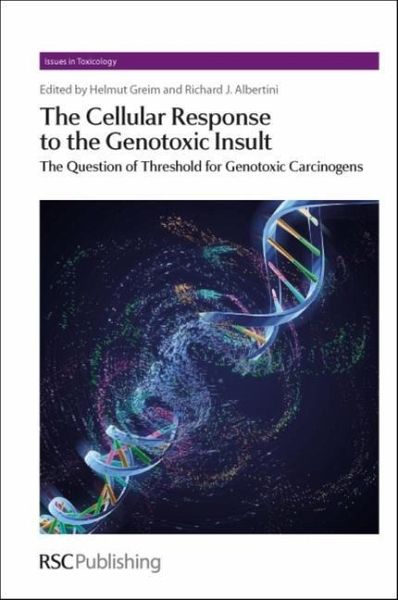
The Cellular Response to the Genotoxic Insult
The Question of Threshold for Genotoxic Carcinogens
Herausgeber: Greim, Helmut; Albertini, Richard
Versandkostenfrei!
Versandfertig in über 4 Wochen
211,99 €
inkl. MwSt.

PAYBACK Punkte
106 °P sammeln!
The Cellular Response to the Genotoxic Agent: The Question of Threshold for Genotoxic Carcinogens describes the different cellular defence mechanisms and their regulation. On the basis of this the plausibility of a dose dependent threshold mechanisms of genotoxic/ mutagenic carcinogens and their rate limiting parameters are discussed and it is concluded that low exposures to genotoxic/mutagenic agents present no cancer risk. The book begins with a detailed introduction by the editors explaining the rationale for thresholds for genotoxic carcinogens. The contents are then broken down into five ...
The Cellular Response to the Genotoxic Agent: The Question of Threshold for Genotoxic Carcinogens describes the different cellular defence mechanisms and their regulation. On the basis of this the plausibility of a dose dependent threshold mechanisms of genotoxic/ mutagenic carcinogens and their rate limiting parameters are discussed and it is concluded that low exposures to genotoxic/mutagenic agents present no cancer risk. The book begins with a detailed introduction by the editors explaining the rationale for thresholds for genotoxic carcinogens. The contents are then broken down into five main parts. The first part discusses threshold effects observed in experimental studies and includes chapters on mechanisms responsible for the chromosome and gene mutations driving carcinogenesis and implications for dose-response characteristics of mutagenic carcinogens; the dose-effect relationships of DNA-reactive liver carcinogens and DNA alkylation and repair after EEMS exposure. Part two discusses metabolic inactivation of genotoxic reactants and includes chapters on enzymatic detoxification of endogenously produced DNA-reactive intermediates maintaining cellular homeostasis and detoxifying enzymes and anti-oxygen defense mechanisms. Part three focuses on DNA repair; the plasticity of DNA damage response during cell differentiation and tumor suppressor protein-mediated regulation of base excision repair in response to DNA damage. Finally, the role of apoptosis, necrosis and epigenetic mechanisms in the elimination of damaged cells is discussed. The book will be essential reading for postgraduate students and scientific researchers working in environmental health, medicine, genetic toxicology and risk assessment.



